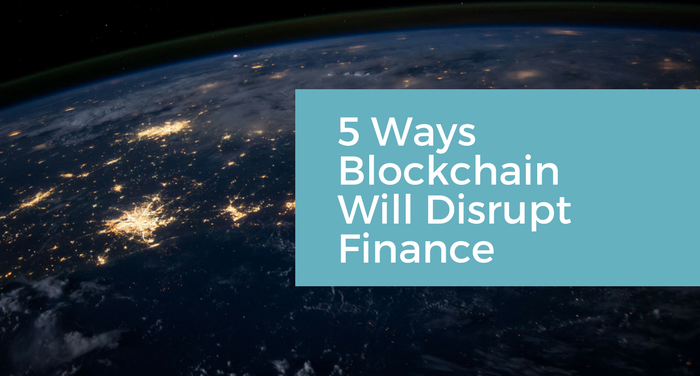
In 2017, blockchain has gone from something mainly talked about at tech conferences and on fringe social media to being talked about in tabloids and taxis around the world.
The massive rise in the Bitcoin price is now attracting the attention of mainstream financial institutions. As email was the ‘killer app’ during the early years of the internet, Bitcoin is the killer app for the blockchain. I am not going to add to the galaxy of opinions about the long term price of Bitcoin. However, like email, it’s likely that some form of Bitcoin will persist.
The blockchain will also support a variety of other applications, including smart contracts, asset registries and supply chain applications. Some are already being planned or implemented by companies like BP, Mastercard and UBS to name just a few global organizations that see massive potential for the technology. Other applications cannot be foreseen- in the same way nobody saw MP3 becoming the dominant music format in 1999- however it is without doubt that one of the biggest disruptions will be to finance.
Asset Management
Many of the most traded assets globally are difficult to physically transfer or subdivide. Buyers and sellers instead trade paper that represents some or all of the asset.The process is complex, cumbersome and can be hard to track. One solution would be to switch to a digital, blockchain based format .‘Tokenization’, the ‘slicing up’ of assets, would allow investors easier access to a far greater range of asset classes than just listed equities and bonds and provide more liquidity in the market.
Clearing and Settlement
Accenture has estimated that some major investment banks could make $10bn of efficiency savings by utilising blockchain technology.
After a 2 year testing period, the Australian Stock Exchange said it would replace its registry, settlement and clearing system with blockchain technology to cut costs for customers.
In November 2017, banks including Goldman Sachs and JPMorgan completed a test with a success rate, in the $2.8 trillion equity swaps market, keeping track of the swaps contracts after they were executed.
Identity
With annual administrative costs in the tens of millions, KYC onboarding is ‘still a pain point for financial institutions’ according to the Thomson Reuters 2017 KYC report. Blockchain would allow the independent verification of a client by an organisation to be readily accessible by other organisations. Removing duplication from the process would substantially reduce these administrative costs.
Private Equity
In 2016, equity crowdfunding overtook venture capital as a source of startup capital. It has been doubling every year for the past few years and is expected to grow further. Instead of receiving paper share certificates for investing in a private business the investor can receive a digital contract of equity ownership created by a smart contract upon investment.
Property and Land Purchases
Blockchain technology could utilise self executing smart contracts to create transaction records that are infallible and incorruptible and facilitate near-instantaneous settlement, thereby removing cost and friction from the process. It could also dramatically change the way mortgages are sold and serviced. If land registries were on the blockchain, costs could be reduced even further. In Sweden, blockchain-powered land registry projects are already underway.
Conclusion: Blockchain will disrupt finance by making it more efficient and cost effective for customers globally. The caveat is that the hurdles of privacy law and regulation must be overcome to ensure the security of the data and money before its widespread adoption. Also, all new technologies take significant development and capital and blockchain is no exception. However as the Harvard Business Review noted, ‘The Blockchain Will Do to the Financial System What the Internet Did to Media’.
About the Author: Elliot LaCour is a co-founder of Crowd-Up, a startup that plans to change the way equity crowdfunding works by using the power of blockchain technology.
Do not let spacious plans for a new world divert your energies from saving what is left of the old.
- Winston Churchill
Downvoting a post can decrease pending rewards and make it less visible. Common reasons:
Submit